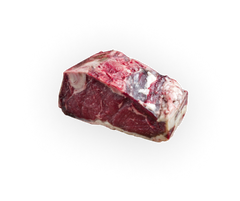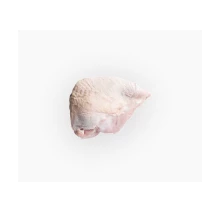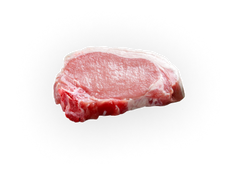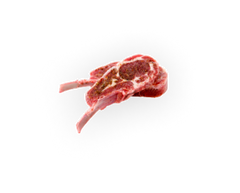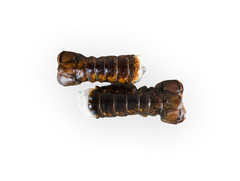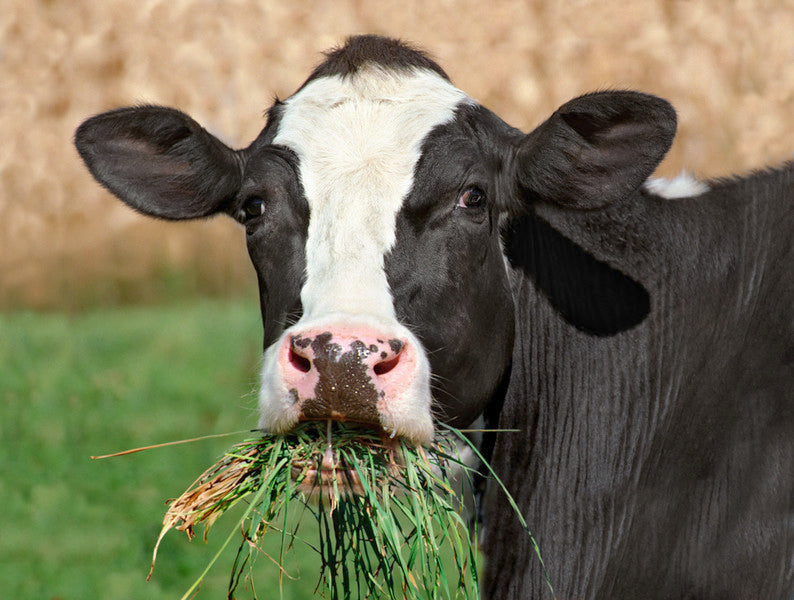-
Defining Grass-Fed and Grass-Finished Beef: Grass-fed beef refers to cattle that have been raised on a diet primarily consisting of grass and forage throughout their lives. Grass-finished beef goes a step further, as it means the cattle have exclusively consumed a grass-based diet until the time of processing. This natural diet is in contrast to conventionally raised cattle that are fed a grain-based diet, often supplemented with hormones and antibiotics.
-
Nutritional Benefits: Grass-fed and finished beef offers a range of nutritional benefits. It tends to be leaner, lower in total fat, and higher in healthy omega-3 fatty acids, conjugated linoleic acid (CLA), and antioxidant vitamins such as vitamin E. These nutrients are known to support heart health, reduce inflammation, and provide potential cancer-fighting properties. Grass-fed and finished beef also contains higher levels of beneficial minerals like zinc, iron, and potassium.
-
Environmental Impact: Opting for grass-fed and finished beef can have a positive impact on the environment. Cattle raised on pasture require less energy-intensive feed production compared to grain-fed cattle. Additionally, they contribute to healthier soil ecosystems due to their natural grazing habits, which can enhance soil fertility and carbon sequestration. By supporting sustainable and regenerative farming practices, consumers can help mitigate the environmental impact of livestock production.
-
Animal Welfare Considerations: Grass-fed and finished beef production often aligns with higher animal welfare standards. Cattle raised on pasture have the freedom to roam, graze on natural vegetation, and exhibit their natural behaviours. They are not subjected to the confined feedlot conditions commonly associated with conventional beef production. Choosing grass-fed and finished beef supports a more humane approach to livestock farming, promoting the well-being of the animals involved.
-
Flavour and Culinary Experience: In addition to the health and environmental benefits, grass-fed and finished beef offers a distinct flavor profile. The beef tends to have a richer, more robust taste compared to grain-fed counterparts. This flavour, coupled with the knowledge of supporting sustainable practices, adds to the overall culinary experience.
Choosing grass-fed and finished beef means opting for a more natural, nutritionally dense, and environmentally conscious option. The benefits extend beyond personal health to encompass animal welfare and sustainable farming practices. By understanding the importance of grass-fed and finished beef, consumers can make informed choices that align with their values and contribute to a healthier and more sustainable food system.
